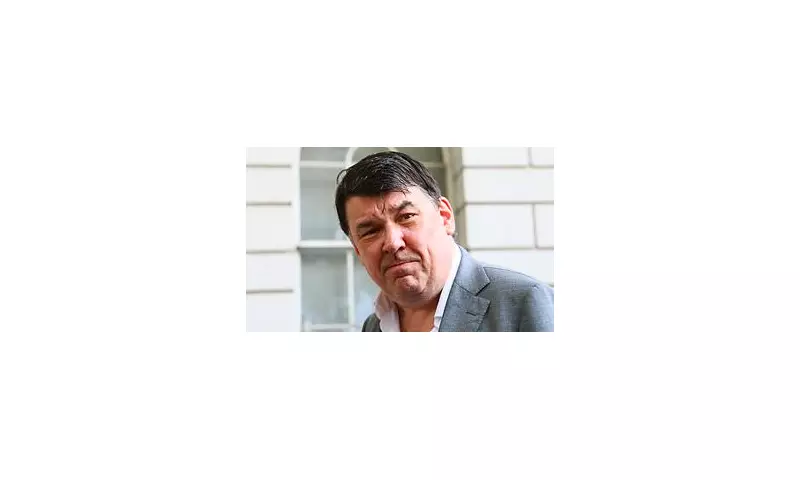
In a dramatic policy reversal that signals a major victory for free speech advocates, police forces across Britain are halting the recording of controversial 'non-crime hate incidents' after senior officers admitted the practice had spiralled out of control.
The College of Policing, which sets standards for forces in England and Wales, has issued new guidance urging constabularies to stop recording incidents where no criminal offence has occurred but where someone perceives 'hostility' based on protected characteristics like race, religion, or sexual orientation.
Police Officers Break Ranks
Remarkably, the shift comes after police officers themselves voiced concerns that the policy had 'gone too far' and was creating a chilling effect on free expression. One senior policing source told journalists: 'Even police think it's gone too far. We shouldn't be in the business of recording people's opinions when no crime has been committed.'
What Are Non-Crime Hate Incidents?
These controversial records have been at the centre of free speech debates since their introduction. Unlike actual hate crimes, which involve criminal offences, non-crime hate incidents document:
- Comments or behaviour perceived as hostile
- Incidents where no criminal law has been broken
- Allegations that can appear on enhanced criminal record checks
- Records that persist even when complaints are unproven
The Turning Point
The policy change follows several high-profile cases that exposed the absurdity of the system. Most notably, police recorded a 'non-crime hate incident' against Harry Miller, a former police officer himself, after he posted what was deemed 'transphobic' content online. The Court of Appeal later ruled this action unlawful.
Mr Miller welcomed the new guidance, stating: 'This is a victory for free speech. The police are finally recognising they shouldn't be policing our thoughts and opinions.'
What Changes Now?
Under the revised guidance, police will only record incidents as hate-related when an actual crime has been committed. The College of Policing emphasised that while hate crimes remain a serious priority, officers must balance this with protecting fundamental freedoms.
A spokesperson confirmed: 'Our updated guidance makes clear that recording non-crime hate incidents should be limited to circumstances where it's necessary and proportionate.'
This landmark shift represents one of the most significant rollbacks of speech-policing in recent years and acknowledges that even law enforcement believed the boundaries had been overstepped.





